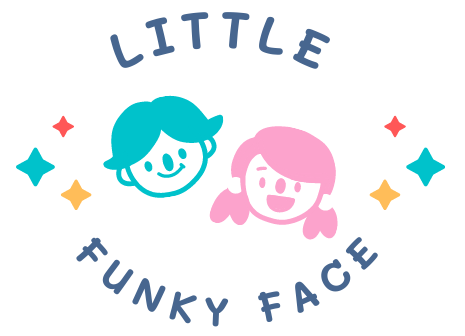Decentralized finance has emerged as a groundbreaking force reshaping the global financial landscape through its principles of transparency, accessibility, and innovation. This article explores the transformative impact of DeFi, emphasizing its role in promoting financial inclusion, fostering economic empowerment, and driving innovation across traditional financial systems.
Understanding Decentralized Finance (DeFi)
Decentralized finance, or DeFi, leverages blockchain technology to create an open and permissionless financial ecosystem. Unlike traditional finance, which relies on centralized intermediaries like banks or brokers, DeFi platforms operate autonomously through smart contracts and decentralized protocols. This decentralized nature enables direct peer-to-peer transactions, financial services, and investment opportunities without geographical barriers.
Promoting Financial Inclusion
One of the core principles of DeFi is its ability to democratize access to financial services for underserved populations worldwide. By eliminating traditional barriers such as high transaction costs, geographic restrictions, and stringent eligibility criteria, DeFi empowers individuals who lack access to traditional banking systems. Users can participate in savings, lending, borrowing, and investment activities using digital assets, fostering greater financial autonomy and inclusion.
Driving Economic Empowerment
DeFi platforms offer various opportunities for economic empowerment through innovative financial products and services:
- Lending and Borrowing: DeFi protocols enable individuals to lend their cryptocurrencies and earn interest or borrow funds by collateralizing their digital assets. This decentralized lending market provides global access to credit and liquidity, supporting entrepreneurship, investment, and personal financial growth.
- Stablecoins and Payments: Stablecoins, which are cryptocurrencies pegged to stable assets like fiat currencies, facilitate seamless transactions within the DeFi ecosystem. These digital assets offer a reliable medium of exchange, enabling fast and cost-effective remittances, cross-border payments, and financial transactions without the volatility associated with traditional cryptocurrencies.
- Investment Opportunities: DeFi introduces innovative investment instruments such as decentralized exchanges (DEXs), automated market makers (AMMs), yield farming, and tokenized assets. These platforms empower investors to diversify their portfolios, access new markets, and participate in emerging sectors like decentralized insurance, prediction markets, and asset tokenization.
Fostering Innovation in Finance
DeFi is driving significant innovation by challenging conventional financial practices and introducing disruptive technologies:
- Smart Contracts: Automated execution of agreements through smart contracts streamlines transaction processes, reduces operational costs, and enhances transparency.
- Decentralized Exchanges (DEXs): DEXs facilitate peer-to-peer trading of digital assets without relying on intermediaries, providing users with greater control over their funds and reducing counterparty risks.
- Decentralized Autonomous Organizations (DAOs): DAOs enable decentralized governance and decision-making within DeFi ecosystems, allowing stakeholders to participate in protocol management and policy formation.
Challenges and Considerations
Despite its transformative potential, DeFi faces several challenges that warrant careful consideration:
- Security Risks: Smart contract vulnerabilities, hacking incidents, and platform exploits pose risks to user funds and platform integrity. Rigorous security audits, robust risk management practices, and community-driven governance are essential to mitigate these risks and build trust among users.
- Regulatory Uncertainty: Regulatory frameworks surrounding DeFi vary globally, creating compliance challenges and legal uncertainties. Clarity in regulatory guidelines is crucial to foster innovation, protect investors, and ensure sustainable growth of DeFi ecosystems.
- Scalability and User Experience: Scalability limitations and complex user interfaces hinder mainstream adoption of DeFi applications. Innovations in blockchain scalability solutions, user experience design, and education are necessary to enhance usability and accessibility for global users.
Conclusion
Decentralized finance represents a paradigm shift towards a more inclusive, transparent, and efficient financial system. By leveraging blockchain technology and decentralized protocols, DeFi empowers individuals and businesses to participate in a global economy characterized by innovation, financial autonomy, and equitable access to financial services.
